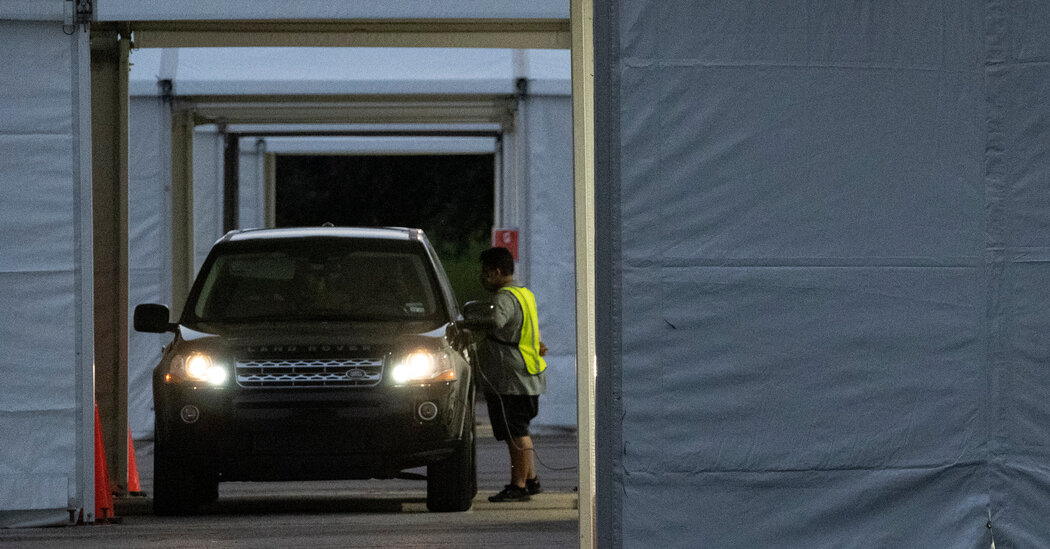
Republican state lawmakers have often cited voters’ worries about election fraud — fears stoked by Mr. Trump, other Republicans and the conservative media — to justify new voting restrictions, despite the fact that there has been no evidence of widespread fraud in recent American elections.
And in their election push, Republicans have powered past the objections of Democrats, voting rights groups and major corporations. Companies like American Airlines, Dell Technologies and Microsoft spoke out against the Texas Legislation soon after the bill was introduced, but the pressure has been largely ineffective so far.
The final 67-page bill, known as S.B. 7, proved to be an amalgamation of two omnibus voting bills that had worked their way through the state’s Legislature. It included many of the provisions originally introduced by Republicans, but lawmakers dropped some of the most stringent ones, like a regulation on the allocation of voting machines that would have led to the closure of polling places in communities of color and a measure that would have permitted partisan poll watchers to record the voting process on video.
Still, the bill includes a provision that could make overturning an election easier. Previously, Texas election law had stated that reversing the results of an election because of fraud accusations required proving that illicit votes had actually resulted in a wrongful victory. If the bill passes, the number of fraudulent votes required to do so would simply need to be equal to the winning vote differential; it would not matter for whom the fraudulent votes had been cast.
Democrats and voting rights groups were quick to condemn the bill.
“S.B. 7 is a ruthless piece of legislation,” said Sarah Labowitz, the policy and advocacy director at the American Civil Liberties Union of Texas. “It targets voters of color and voters with disabilities, in a state that’s already the most difficult place to vote in the country.”
But Republicans celebrated the proposed law, and bristled at the criticism from Mr. Biden and others.
“As the White House and national Democrats work together to minimize election integrity, the Texas Legislature continues to fight for accessible and secure elections,” State Senator Bryan Hughes, one of the bill’s sponsors, said in a statement. “In Texas, we do not bend to headlines, corporate virtue signaling, or suppression of election integrity, even if it comes from the president of the United States.”




